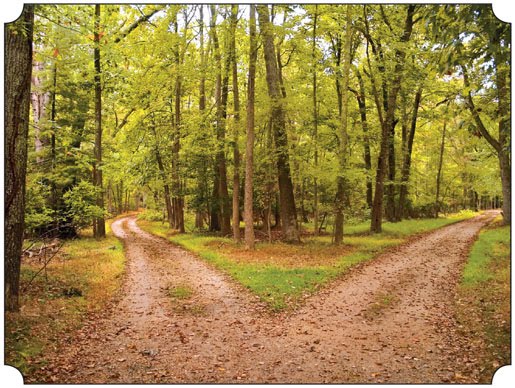There is a persistent myth, widely believed among foreign capoeiristas, that Brazil is this magical capoeira paradise where people train all day and ginga down the street to the berimbau music constantly playing in the background. Take notice, all you gringos: This Is Not The Case. In the three months since I’ve moved to Sao Carlos which is a small city in the interior of Sao Paulo state, I’ve had the following conversation with at least ten people:
Non-Brazilian Friend: “How’s life in Brazil? I’m so jealous! You must be getting sooooo good at capoeira!”
Me: “Um, well, I think I’m improving at pretty much the same rate as always.”
Non-Brazilian Friend: “…but you’re in BRAZIL.”
It’s as if people think there’s something in the air here that exponentially amplifies one’s capoeira abilities.
I too was guilty of harboring this false image of Brazil at one point. During my first trip to Brazil when I went to Fortaleza, Ceara, in 2004. I was disappointed and frustrated with the lack of prominence of capoeira in everyday life. I had to search around a bit to find a capoeira group in my neighborhood. (but it’s BRAZIL!!! There’s supposed to be an academy on every street corner!) When I started training with said group, I found it to be pretty normal – class three times a week for two hours at a time. (What?! Brazilians don’t train from sunrise to sunset?!?) The students were pretty normal too, and there was a wide range of experience and ability levels in the group. (But I thought all Brazilian capoeiristas were as ridiculously skilled as my Professor!)
Of course I’m exaggerating, but I hope you get the point.
The only place I know that comes close to the ideal of a “capoeira paradise” is Salvador. Because the tradition of capoeira is older there than anywhere else – remember that capoeira was effectively wiped out in all the other port cities – there is an extremely high concentration of mestres and practitioners. As one of my friends from Sao Carlos put it, “If you kick a tree in Salvador, five mestres fall from the branches!”
In the city’s center, known as the Pelourinho, there is indeed a store selling capoeira gear on every street, although one must be careful to distinguish the well-crafted, quality products made for capoeiristas from the cheap stuff made for tourists. Many academies hold multiple classes per day, and random street and beach rodas are quite common. It seems like everyone and their uncle trains or has trained at some point.
However, imagining that all of Brazil is like the Pelourinho is akin to assuming that every day in Brazil is like Carnaval (or that all Americans eat McDonalds’ all the time… the stereotypes go both ways! I’ve been seriously asked if life in the U.S. is really like it’s portrayed on American Pie…)
I can’t speak for Rio, Sao Paulo, or the state of Goias – which I once heard described as “a capoeirista factory” – because I’ve never been to those places. But in all the other towns and cities I’ve visited in Ceara and Sao Paulo, life and capoeira are pretty normal. Training is comparable to the training I’ve received in the United States. There are a few differences – for example, the singing aspect tends to hold greater significance here since everyone in the roda speaks the language and understands the lyrics – but as a whole, the capoeira experience is basically the same.
I think another mistake people make is that of confusing vacationing in Brazil with life in Brazil. Vacation is vacation – you do nothing but lounge on the beach all day, play as much capoeira as humanly possible, and party all night with no cares or obligations. Normal life is normal life, even in “BRAZIL!!!” – people work during the day and train capoeira at night; sure we also party and have fun, but with the temperance of real-life responsibilities. It sounds kinda like, y’know, normal life in the U.S. or anywhere else.
Brazil, in fact, doesn’t value and celebrate capoeira as much as one might expect. Actually, there’s so much to say on this that I’m going to give it its own article, so stay tuned for that…
I didn’t write this to disillusion you, but simply to add a dose of reality to the unrealistic fantasy that many capoeiristas seem to have about this country. It should also be encouraging to foreign capoeiristas to know that their training is not inferior or somehow lacking just because it’s taking place outside Brazil. With that said, I also don’t want to undercut the importance of coming to Brazil to learn the language and culture. I believe it’s a trip that every serious capoeirista should make the effort to take at least once in their lifetime. Brazil is a wonderful place and I loved it so much I came back to live here for a year.
In conclusion: Come to Brazil! Find a way to spend some time here. It’s the only way you’ll discover its true beauty – not as an imagined capoeira paradise, but as an amazing country that is extremely rich in its nature, history, and culture.



